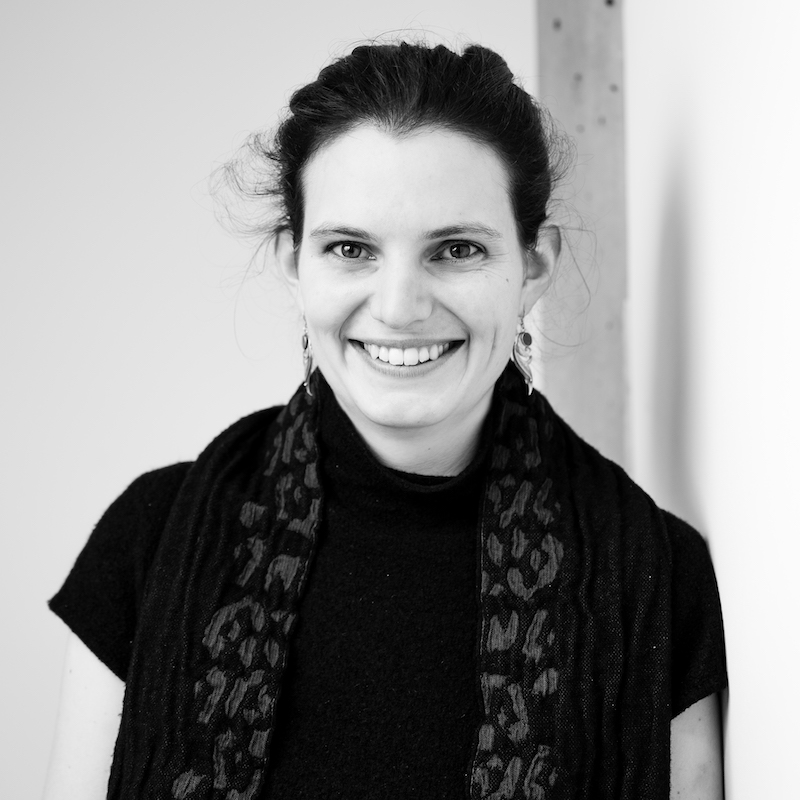Pia Bideau

Photo: SCIoI
Pia Bideau is a former SCIoI PostDoc and currently works with SCIoI as an external collaborator. Pia Bideau worked as a postdoctoral researcher at TU Berlin and part of the Cluster Science of Intelligence. Her research aimed to address the topic of how one can teach a computer to see and understand the world as we humans do, the strengths and weaknesses of a computer vision system compared to a human vision system, and how the two systems can learn from each other. We move, we discover new interesting stuff that raises our curiosity if a perceived situation doesn’t match certain expectations, and we learn. Pia’s research focuses on motion – our motion as well as our motion perception. Motion is a key ability that we as living beings have to explore our environment. Our motion for example helps us to perceive depth, and the motion of objects helps us to recognize these objects even if those are unknown to us. Motion in the visual world helps us understanding an unstructured environment we are living in. Before she joined the Cluster of Intelligence, Pia received her PhD from the University of Massachusetts, Amherst (USA) working with Prof. Erik Learned-Miller and worked together with Cordelia Schmid and Karteek Alahari as part of an internship at Inria in Grenoble (France). To learn more about Pia, please visit her hompage. Website https//people.cs.umass.edu/~pbideau/
Projects
Pia Bideau is member of:
• Project 33: Shepherding behaviour in predator-prey interactions
• Project 35: Differentiable interconnected recursive estimation as a principle of intelligence
Publications +
X-Student Research Group Grants (BUA, winter 2023/2024)
X-Student Research Group Grants (BUA, summer 2023)
Research Fellow Chair MIAI (Grenoble Alpes, France)




